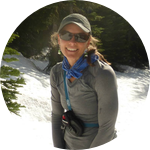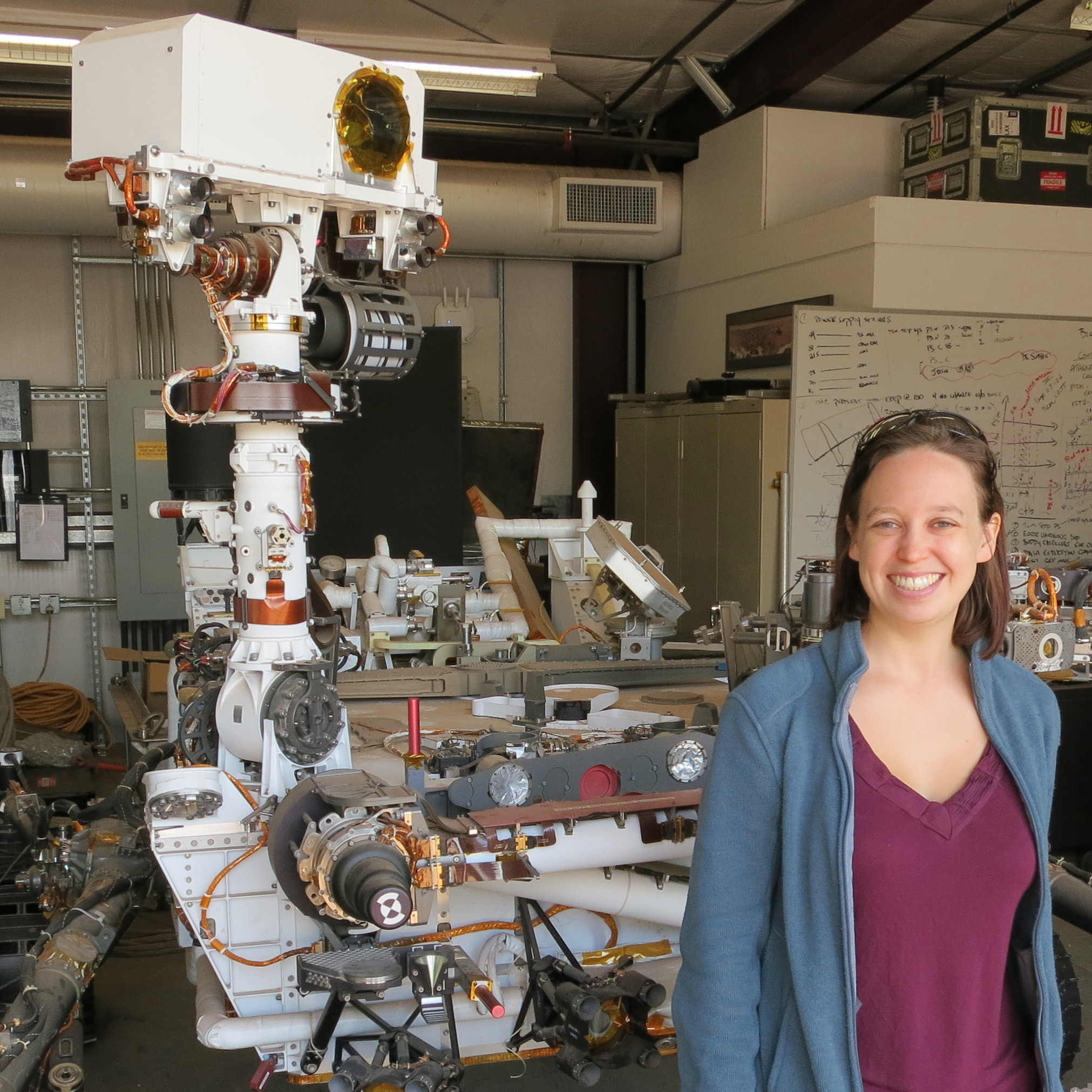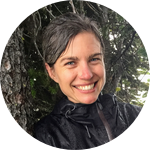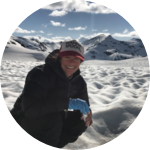About This Project
The Living Snow Project is documenting pink snow blooms and characterizing the microbiome across mountain ranges. Pink snow is the seasonal blooms of pink-colored algae that influence rates of glacier melt by darkening snow, a process that is exacerbated by warming climate. Volunteer observations and collections of pink snow for DNA analysis help generate a robust dataset that can uncover patterns in bloom events over climate-relevant timescales.
Ask the Scientists
Join The DiscussionWhat is the context of this research?
The Living Snow Project is a university run citizen science program that empowers local communities to track and sample pink snow, an iconic feature of alpine spring and summer snowpack and glaciers. Snow algae produce intense blooms turning snow and ice pink, orange, or bright red due to bight pigments assumed to provide UV or oxidative stress protection. Their bright color darkens the snow surface, reducing reflectance of solar radiation and accelerating snowmelt. Thus, glacial melting due to climate change will likely present more favorable conditions for growth, while simultaneously also reducing habitat. There are many different species of snow algae and it is still unknown how biodiversity and biogeography affect snow and glacier melt.
What is the significance of this project?
Climate change is causing glacial loss worldwide, and snow algae blooms can further accelerate melt. Glacial melting also presents favorable conditions for algae growth, while simultaneously reducing their habitat. Volunteer observation and collections of large datasets across mountain-range scales are needed to understand how this process is changing over time. We recruit volunteers through the outdoor recreation community, which is under-engaged in conservation despite their reliance on healthy ecosystems for recreational opportunities. By empowering people of all ages to participate in science in the places they love to play, we help cultivate a deeper awareness of and appreciation for complex alpine ecosystems.
What are the goals of the project?
In 2021, we are expanding our program to integrate algae collections with bloom size and assessment of the snow habitat. Currently, volunteers can participate by collecting samples with a sample collection kit or making observations with the Living Snow Project app. The app stores GPS coordinates and notes about observations if the phone is out of service and send coordinates once the phone reconnects. Participants who collect samples scoop pink snow into DNA preservative using a sample kit. With improvements to the App, volunteers can include measurements of pink snow patches, record snow pH and snow depth, and upload pictures. We plan a large recruitment effort spring 2021 to capitalize on the record number of new visitors to public lands in 2020.
Budget
Sampling kits include sterile 50mL tubes filled with DNA preservative and nitrile gloves. We would like to add a feature this coming season were volunteers can also collect pH measurement of the snow. This funding will support the costs of purchasing pH strips and more chemicals for DNA preservative for 300 sample kits.
DNA sequencing includes one Illumina MiSeq run that will sequence DNA from 300 samples collected by volunteers.
An important part of the campaign to support innovations for the 2021 sampling season includes adding features to our App that will allow us to pair DNA data with models for detecting snow algae using remote sensing technologies. This funding will support our App intern who developed the bare bones App in 2020.
Endorsed by
 Project Timeline
Project Timeline
Snow algae only grow in the late spring and summer months. Collections happen from late May - September.
We will be processing 2020 samples first quarter of 2021.
Spring 2021: make sample kits, recruit volunteers, distribute kits
Summer 2021: ongoing recruitment, volunteer outreach, sampling processing
Fall 2021: sample processing, DNA sequencings, data analysis, data outreach
Nov 30, 2020
Project Launched
Jan 01, 2021
Begin development of new App features.
Feb 28, 2021
Outreach (via email) to volunteers from 2018-2020 to share results from their samples
Apr 01, 2021
Final tests of new App featurs.
Apr 26, 2021
New recruitment to new communities engaged after/during COVID.
Meet the Team
Robin Kodner
Robin Kodner is an Associate Professor of Biology at Western Washington University (PhD Harvard University, BS University of Wisconsin-Madison). Robin has been studying algae for over 20 years and has studied algae biodiversity and population change over many time scales. Her passion for playing in both the mountains and ocean led Robin to focus her current research activities on field-based studies. She uses environmental-based genomic methods that integrate evolution with analysis of community structure and phylogeography. Currently, her lab works on the snow microbiome from the Pacific Northwest as a model to study how these communities evolve in response to environmental change. Robin has also been an outdoor educator, in the mountains and on sailboats, using these environments as platforms for teaching basic sciences. This connection between science and adventure inspired the Living Snow Project, as a way to offer that broadly to the outdoor recreation community.
In addition to her biology research, Robin has been working on helping create equitable and inclusive spaces in science. She and her colleagues Regina Barber DeGraaff and Lina Dahlberg co-created and co-facilitate the ISMs (Inclusion and Social Mindfulness in STEM) workshops. They are now dipping their toes into social science research to learn about the impacts of faculty development on individual and institutional change.
Lab Notes
Nothing posted yet.
Additional Information
We have been running the Living Snow Project since 2017, and growing every year. We have many repeat volunteers. Stable funding, including support for student interns, will allow us to better engage volunteers, expanding our communication with them to directly share data and improve communication through our
social media and our website.
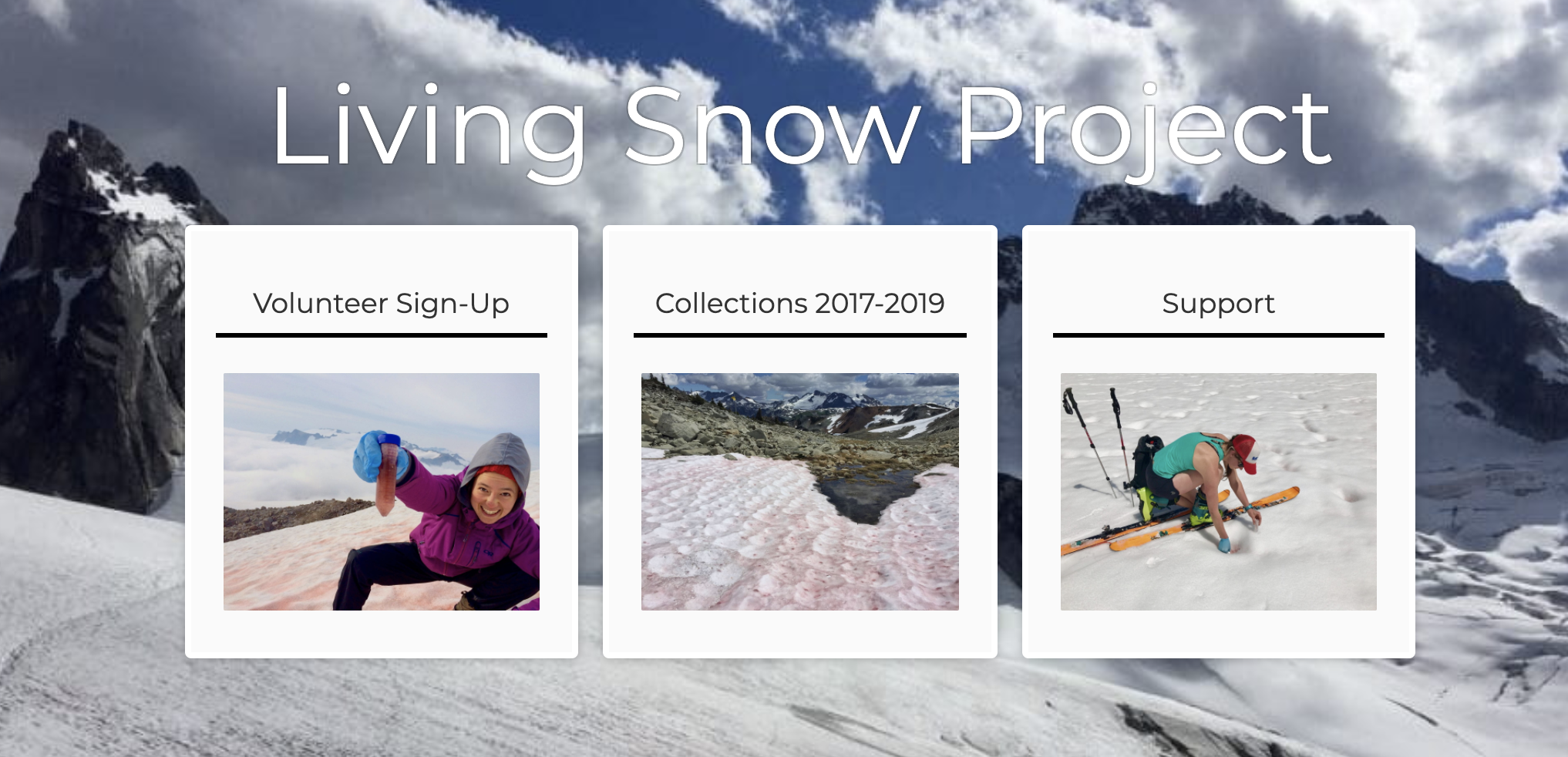
Project Backers
- 10Backers
- 9%Funded
- $429Total Donations
- $42.90Average Donation
